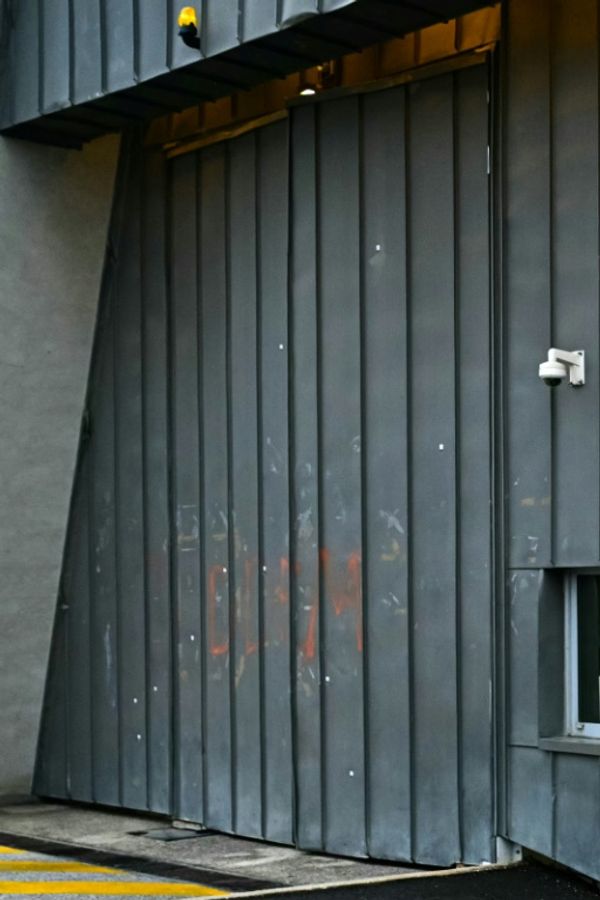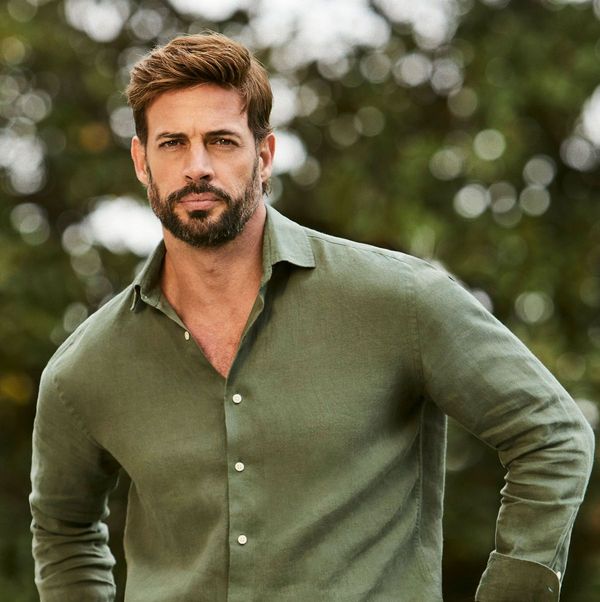
The reviews were gushing on the first day of the 77th Cannes film festival, as Barbie director Greta Gerwig took up her duties as this year’s jury president. Festival bosses variously hailed the American film-maker as a “cultural phenomenon”, a “heroine for modern times” and a woman who embodies “the future of cinema”. The fanfare was such that it almost drowned out the discord as the world’s premier movie showcase opened against a backdrop of threatened labour disputes and a rumoured report of alleged sexual abuse within the industry.
“This is beyond a dream come true,” said Gerwig, who presides over a nine-member jury that includes Japanese director Hirokazu Kore-eda and actors Lily Gladstone and Eva Green. “One of the favourite things that I do is to watch cinema and discuss it – and now I’m getting to do it with the most wonderful minds for 10 whole days. I’m still in shock that I’m here.”
Gerwig, 40, makes history as the first female American director to serve as a Cannes jury president. She began her career as an actor in the low-budget “mumblecore” movement of US cinema before directing the coming-of-age drama Lady Bird and the acclaimed 2019 adaptation of Little Women. The runaway success of 2023’s $1bn-earning Barbie, however, has made her the unofficial spokesperson for female representation in Hollywood and the film industry at large.
“I’ve been making movies for almost 20 years,” Gerwig said. “And this has never not been a question: increasing the number of female directors. In my lifetime it’s changed and gotten better. Every year I cheer because there are more women directors. We’re not done yet, but we are certainly moving in the right direction. It’s all about the long arc of history.”
The decision to invite Gerwig has been regarded as an important symbolic step for a festival which has in the past drawn criticism for its perceived lack of support for female talent. It follows Cannes’ appointment of veteran producer Iris Knobloch, who is now serving her second year as the festival’s overall president. “I feel that defending the cause of women is a big part of my role,” Knobloch said. “And if anything, I feel it much stronger than I did last year. We can see the progress being made, with many more films [by women] coming in and more women speaking up. That’s why having Greta Gerwig as jury president is so important. She is the future of cinema. But of course there is still a long, long way to go.”
Judged by the titles in the main competition, this promises to be a healthy edition of the Cannes film festival, showcasing fresh work from the likes of Francis Ford Coppola, David Cronenberg, Yorgos Lanthimos and Andrea Arnold. Off-screen, however, the forecast is more stormy. The schedule may yet be disrupted by a strike by festival workers protesting against proposed changes to French labour laws, while insiders are braced for the rumoured release of a #MeToo report that will charge several prominent actors and directors with instances of historical sexual abuse. “Remember that these are only rumours,” Knobloch said. “Personally I believe that they will remain only rumours – but we will see.”
At last year’s festival Thierry Frémaux, Cannes’ long-serving delegate-general, faced criticism for rolling out the red carpet for a disgraced Hollywood star, Johnny Depp. This year, by contrast, Frémaux has been at pains to promise “a festival without polemics and controversy”. It remains to be seen whether that ambition can be realised. Whether wittingly or not, Cannes appears to be drawn to trouble. Dissent and scandal are almost part of its DNA.
“The festival has always been a stage for debate and argument and liberal expression.” Knobloch admitted. “And I think it should remain that way. Sometimes controversy can be good. Too much conformity becomes boring. But it’s all about getting the balance right and keeping the main focus on cinema. Movies are a reflection of society. They contain and carry what’s happening in the world. Ideally it’s the movies that prompt all the debate and the politics. Ideally, in a perfect world, that would be how it worked.”







